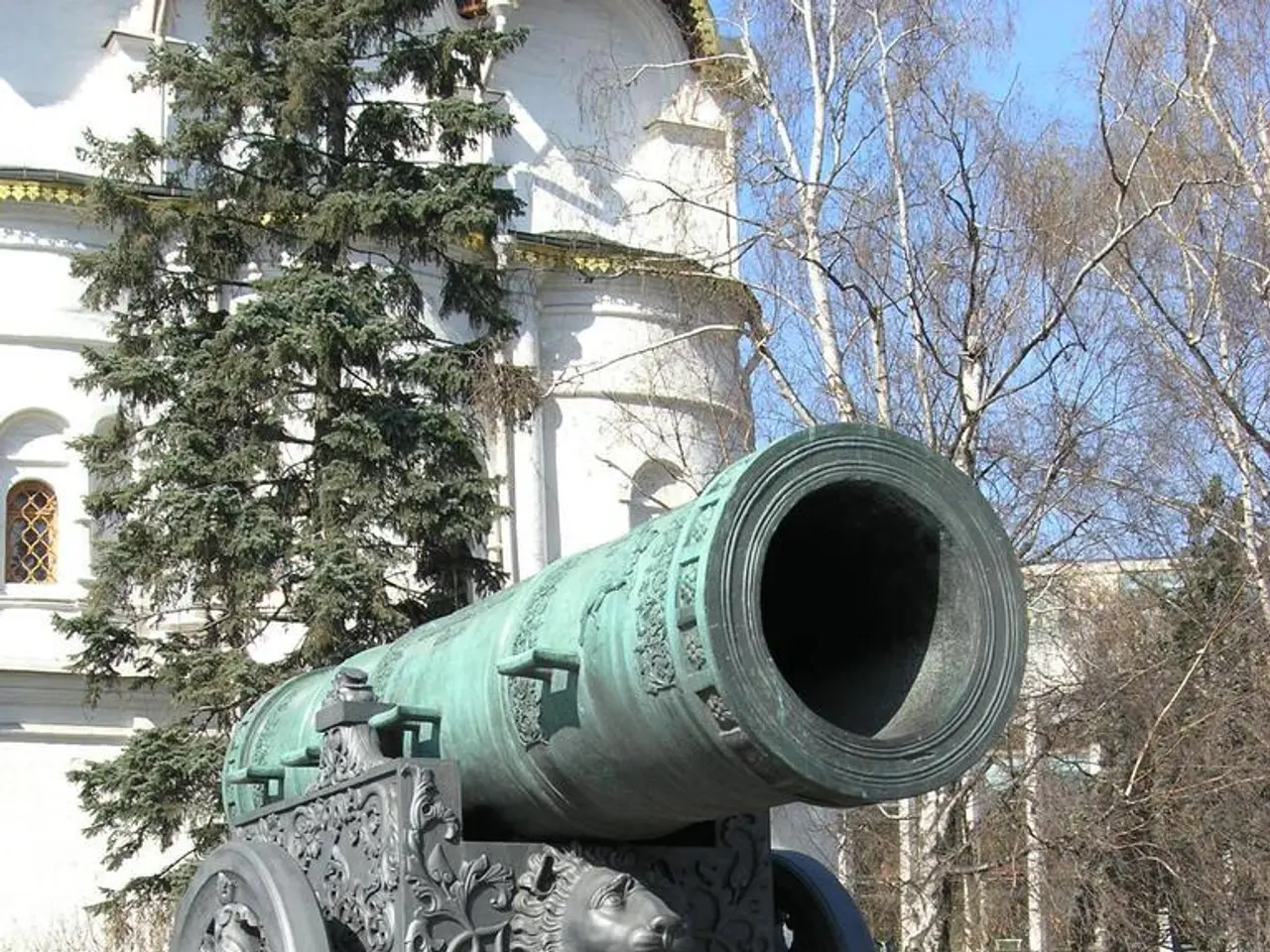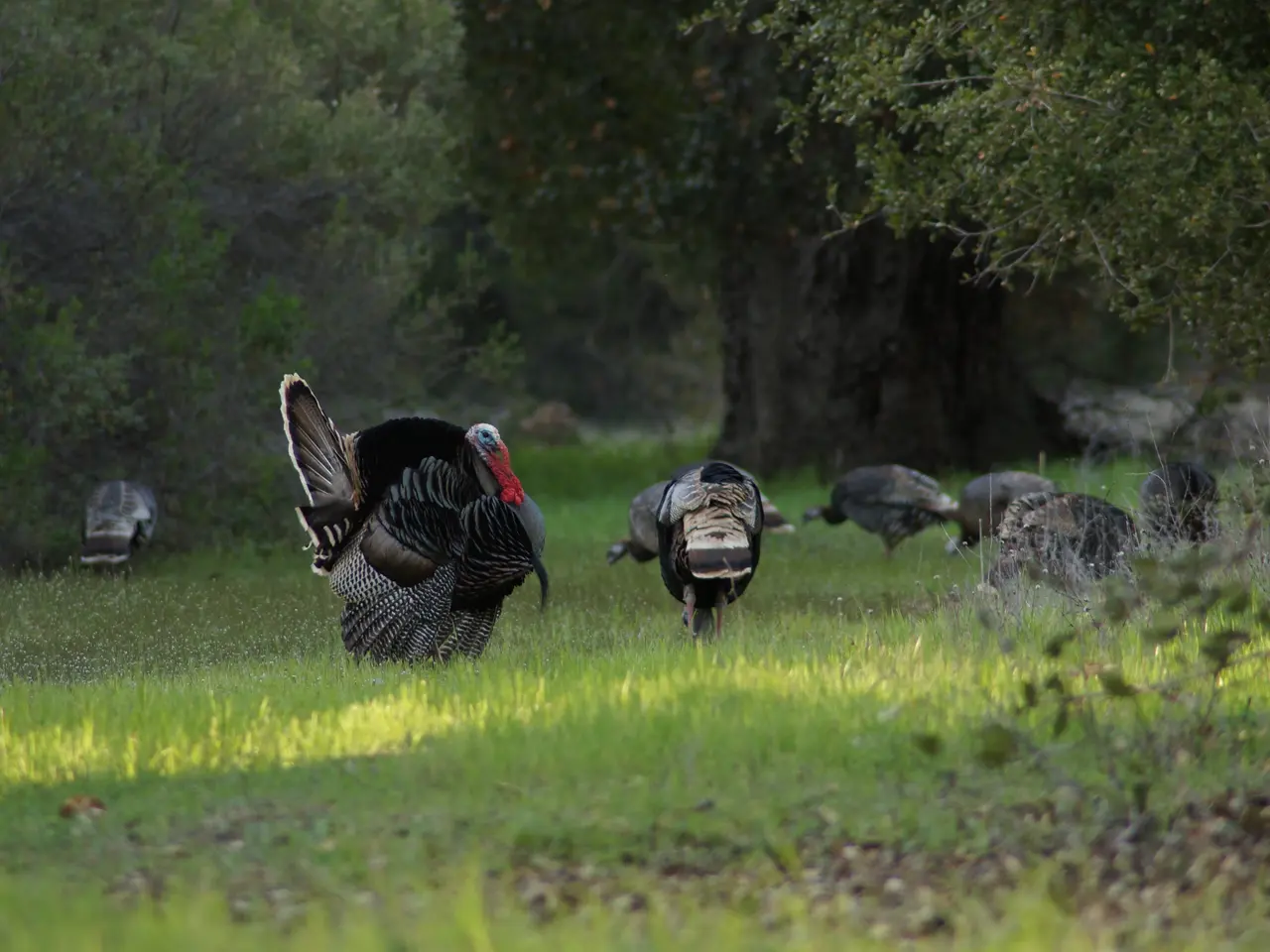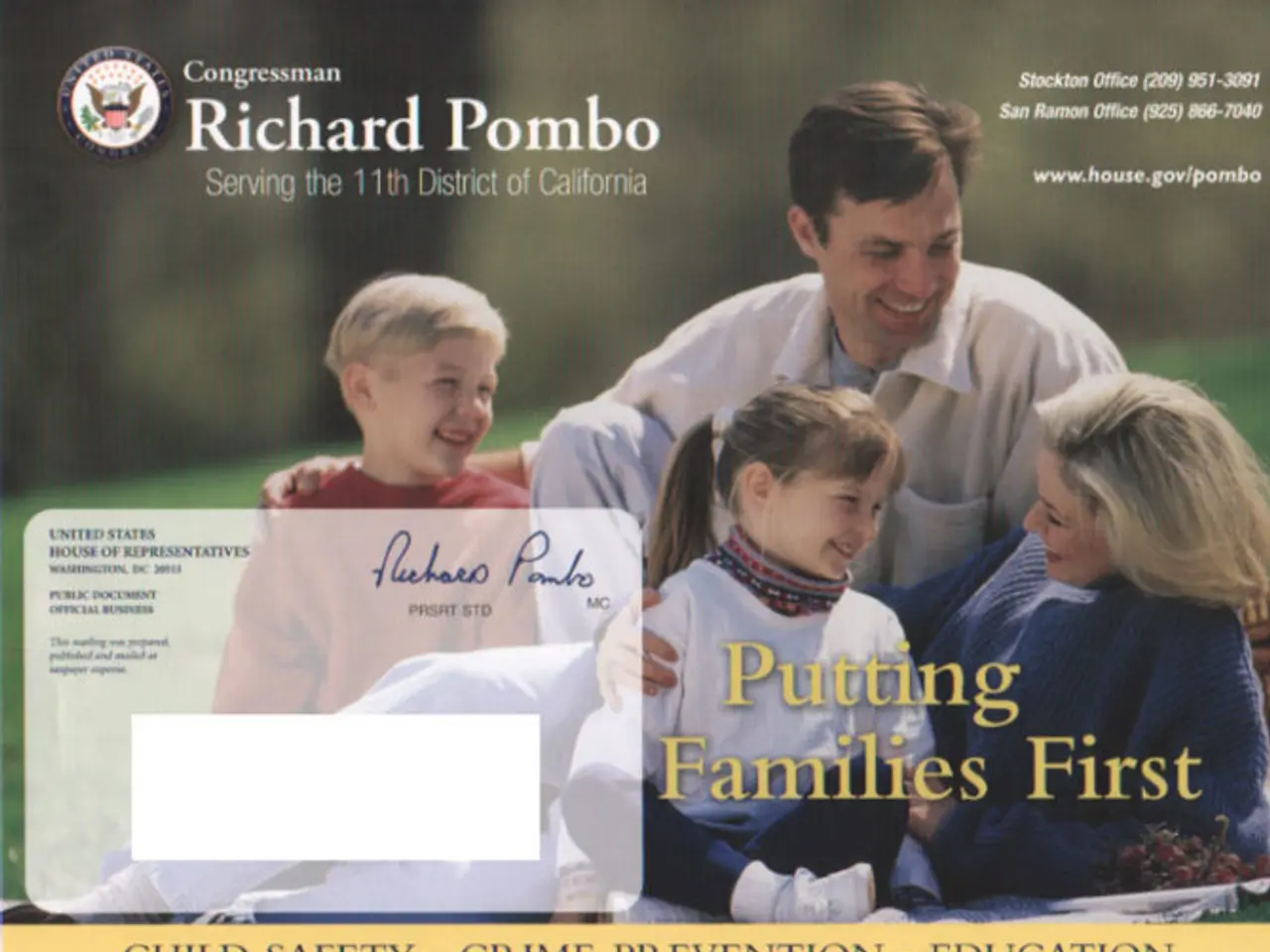Economic Minister of Russia openly acknowledges looming recession, yet Finance Minister maintains dissenting view
Russia's Struggling Economy: Recession Warnings and a Rocky Recovery
The Russian economy, once touted as making a comeback from the 2023 slump caused by Western sanctions, is now teetering on the brink of recession, admits the Minister of Economy, Maxim Reshetnikov. In stark contrast, the Minister of Finance remains optimistic, stating, "After the slowdown comes the recovery."
Fast-forward to 2025, the first quarter of the year saw Russia's GDP grow by a meager 1.4% year-on-year, the smallest increase since mid-2023. Quite unfortunately, the economy has been on a downward spiral ever since, with quarterly contractions signaling a steady decline. The slowdown is evident across various sectors, with declining corporate lending, industrial output, growth in private deposits, reduced consumer spending, contracting imports, and a slight weakening in labor demand, despite an overheated labor market.
Consumers are feeling the squeeze, too, as everyday item prices, like potatoes, have skyrocketed by 173% year-on-year. This has prompted government discussions about price controls on essential food items. The Central Bank has attempted to stabilize the economy by keeping interest rates historically high (peaked at 21%, now reduced to 20% in June 2025), yet the move may have suppressed growth excessively. As a result, the government's focus has shifted from fostering growth to engineering a "soft landing" or a controlled slowdown to avoid harsher economic downturns.
Fiscal revenue, particularly from the oil sector, is dwindling, with oil revenues down 14.4% in the first five months of 2025 compared to the preceding year. This has a ripple effect on the state budget and overall economic stability. Simultaneously, Russia faces depleted reserves, soaring inflation, a weakened ruble, and an almost drained sovereign wealth fund, all of which further strain the financial system.
Military spending now dominates the federal budget, leaving little breathing room for other economic sectors. The combined impact of sanctions, war-related expenditures, and declining external revenues has led experts to predict that Russia might be heading for long-term economic failure if the current trajectory persists.
With the risk of recession increasing, the government's priority is to manage a slowdown rather than stimulate growth. Recovery prospects appear bleak under these circumstances, given the continued sanctions, war-related expenses, and structural economic issues. The depletion of reserves and the unsustainable nature of the current fiscal and financial strategies signal a tentative or slow recovery rather than a quick rebound. The economic outlook, therefore, leans toward a period of managed contraction or stagnation, with potential long-term challenges unless major changes are made.
Sources:1. Economist Intelligence Unit - Russia's Economy Struggles Amid Ongoing Sanctions and War Expenditures2. The Washington Post - Russia's Economy is Undergoing Unsustainable Fiscal Expansion to Fund the War in Ukraine
Sustainability in business and finance remains a challenge as Russia's economy faces a prolonged period of managed contraction or stagnation, based on the Economic Intelligence Unit's analysis. This economic outlook raises concerns about the long-term general-news implications of continued sanctions, war-related expenses, and structural economic issues.
Amid the rocky recovery, political discussions revolve around implementing price controls on essential food items to alleviate the impact of soaring inflation on consumers, showing the interconnectedness of finance, politics, and general-news in Russia's economic struggles.





